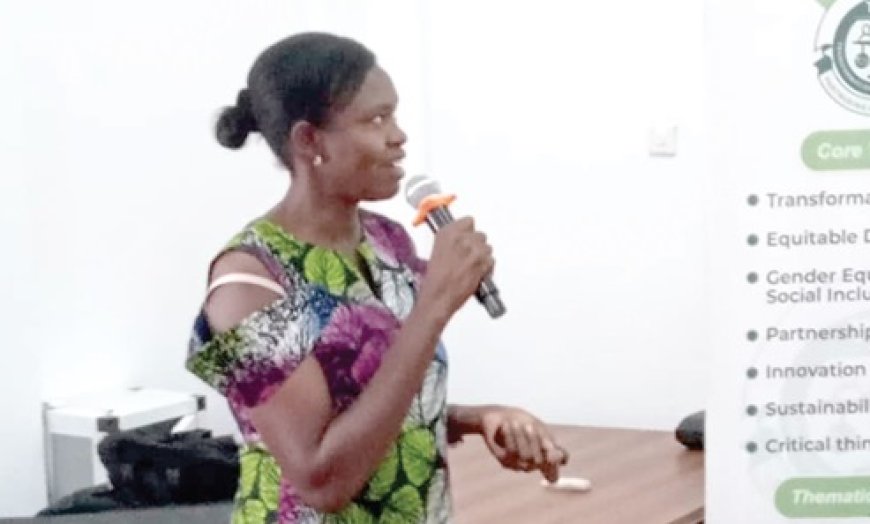Polluted Waters: The Environmental Crisis of Northern Ghana's White Volta River
This article explores the alarming contamination levels found in the White Volta River and other water bodies in Northern Ghana due to illegal mining activities. High concentrations of heavy metals and bacterial contamination pose severe health risks to both humans and aquatic life, prompting urgent action and collaborative efforts from stakeholders.

The situation described regarding the White Volta River and other water bodies in Northern Ghana is deeply concerning. The presence of high levels of dangerous heavy metals such as mercury, cadmium, lead, iron, arsenic, and manganese poses significant health risks to both the people who rely on these water sources for their livelihoods and the aquatic life within these ecosystems.
The data presented, including the elevated levels of chemical oxygen demand, iron, manganese, arsenic, cadmium, and chromium, compared to the recommended levels by the World Health Organization (WHO) and Environmental Protection Agency (EPA), underscores the severity of the contamination.
Furthermore, the prevalence of bacterial contamination, including total and fecal coliforms, E. coli, fecal enterococci, pseudomonas aeruginosa, and clostridium perfringens, in various water bodies amplifies the health risks associated with these polluted environments.
The stakeholders forum convened to address these issues indicates recognition of the seriousness of the problem and a willingness to collaborate across various sectors to find solutions. Involvement from governmental bodies, local authorities, civil society organizations, traditional leaders, and research institutions demonstrates a multi-faceted approach to tackling the challenges posed by illegal mining and its environmental impacts.
The observations made by Research Scientist Zita Naangmenyele Abuntori highlight the urgent need for intervention to mitigate the threat to both human health and environmental sustainability. The fact that borehole samples generally exhibit lower contamination levels compared to those from mining pits and washing sites underscores the importance of finding alternative sources of clean water for affected communities.
Addressing this issue will require a comprehensive strategy that involves regulatory enforcement, community engagement, sustainable mining practices, and investment in clean water infrastructure. It's crucial for stakeholders to work together to implement measures that protect both the health of the population and the integrity of the affected ecosystems.
What's Your Reaction?






































































